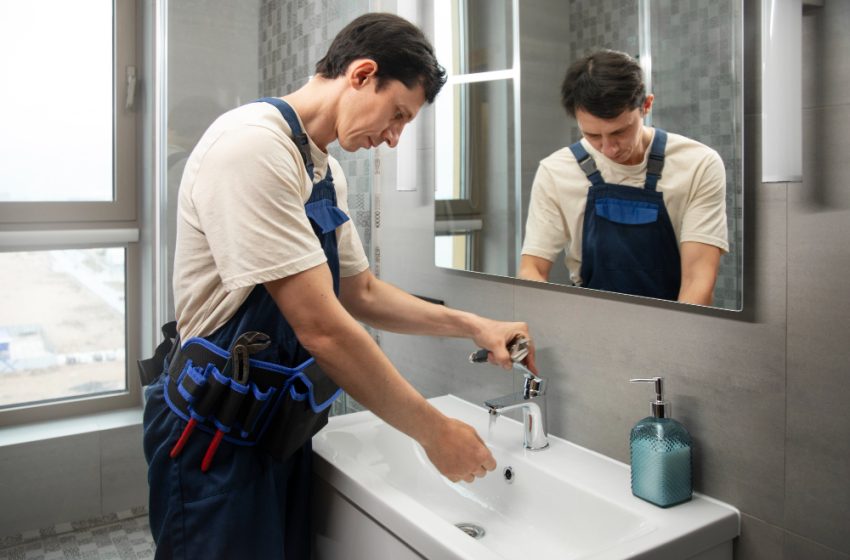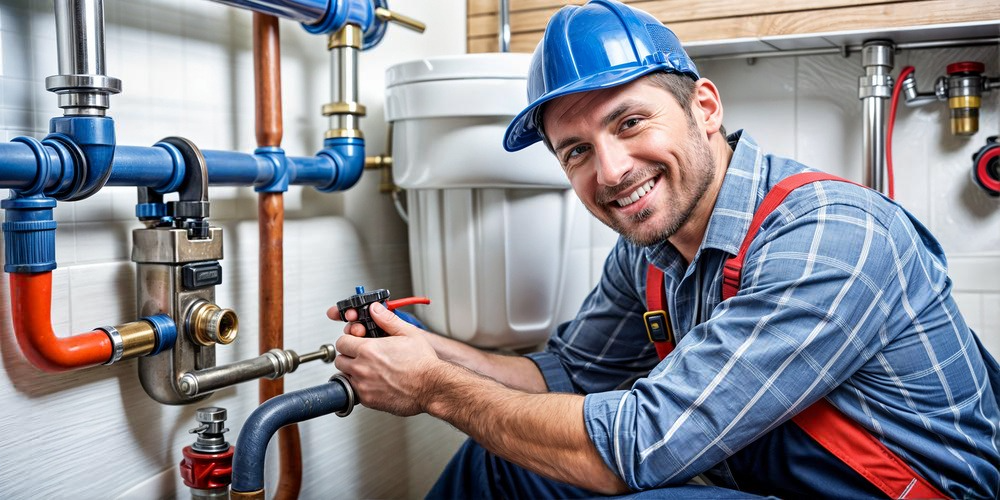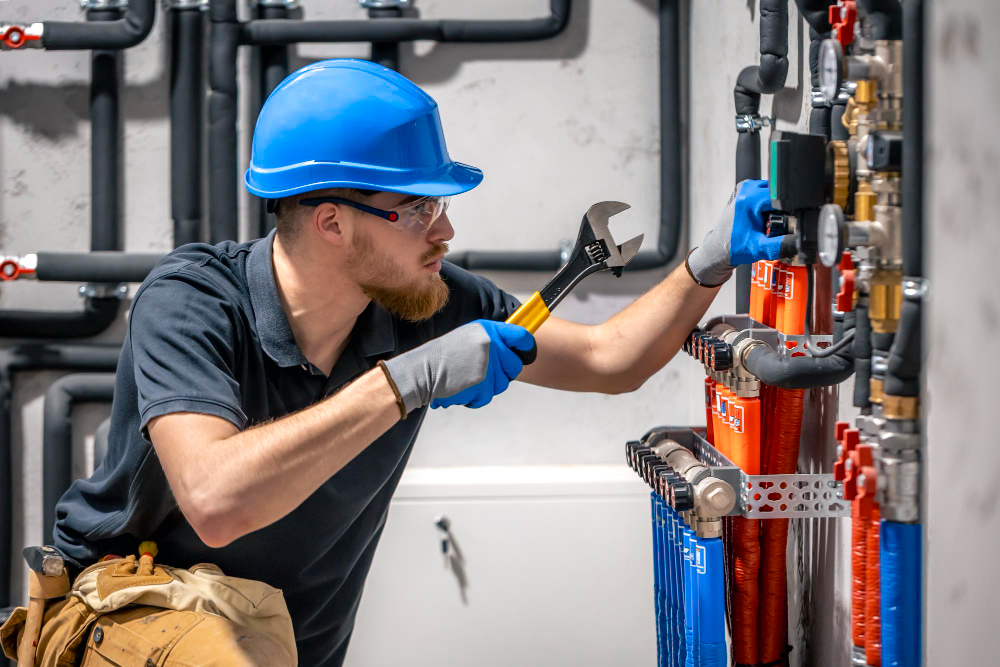Dealing with Smelly Drains: Causes and Solutions

A smelly drain can quickly turn a comfortable home into an unpleasant space. Bad odors coming from your drains are not only unpleasant but can also signal underlying plumbing issues that need attention. Understanding the causes and solutions for smelly drains can help you maintain a fresh and hygienic home.
Common Causes of Smelly Drains
Bad odors from your drains typically result from a buildup of debris, bacteria, or other plumbing issues. Here are the most common culprits:
1. Accumulated Organic Waste
Over time, food particles, grease, hair, soap scum, and other organic debris can accumulate in your pipes. As these materials break down, they release foul-smelling gases, leading to unpleasant odors.
2. Dry P-Traps
The P-trap is the U-shaped pipe under your sink that traps water to prevent sewer gases from rising into your home. If the P-trap dries out—common in unused drains—it can no longer block odors, allowing bad smells to escape.
3. Bacterial Growth
Moist, warm conditions inside drains create the perfect breeding ground for bacteria. These bacteria feed on organic waste, releasing foul-smelling gases as a byproduct.
4. Sewer Line Issues
A clogged or broken sewer line can cause sewage odors to back up into your drains. This is a serious issue that may require professional attention.
5. Clogged or Dirty Vents
Plumbing vents allow sewer gases to escape outside. If these vents are clogged with debris, gases can build up and escape through your drains instead.
6. Mold or Mildew Growth
Moisture inside drains can lead to the growth of mold or mildew, both of which emit musty odors.
7. Garbage Disposal Problems
If you have a garbage disposal, leftover food particles can stick to the blades or walls, causing odors to linger.
Solutions for Smelly Drains
Once you’ve identified the cause, you can take the necessary steps to eliminate the odor. Here’s how to tackle the issue:
1. Clean the Drain Regularly
A simple cleaning routine can help remove debris and prevent odors from building up.
- DIY Cleaning Solution: Pour a mixture of baking soda and vinegar into the drain, let it sit for 10-15 minutes, then flush with hot water.
- Drain Cleaner Tools: Use a drain snake or brush to physically remove clogs and debris.
2. Refill the P-Trap
If the P-trap has dried out, simply running water through the drain for a few minutes can refill it and block sewer gases from escaping.
3. Deep Clean the Garbage Disposal
For homes with garbage disposals:
- Flush with Hot Water: Run hot water and dish soap through the disposal to clean out grease and particles.
- Grind Citrus Peels: Toss lemon or orange peels into the disposal and grind them to freshen up the smell.
- Use Ice and Salt: Grinding a mix of ice cubes and salt can remove stuck-on food particles.
4. Remove and Clean the Drain Cover
Hair and soap scum often accumulate around the drain cover.
- Remove the cover and scrub it with warm, soapy water.
- Use a brush to clean around the edges of the drain opening.
5. Check for Sewer Line Problems
If odors persist after cleaning, it may indicate a more serious issue like a sewer line blockage or crack.
- Contact a licensed plumber to inspect your sewer lines and fix any issues.
6. Clear Blocked Vents
If clogged plumbing vents are the problem, have a professional clear them to restore proper airflow and prevent gas buildup.
7. Use Enzyme-Based Cleaners
Enzyme-based cleaners break down organic waste without damaging your pipes. These are especially effective for persistent odors caused by grease or food particles.
Preventing Smelly Drains
Prevention is the best way to keep your drains odor-free. Follow these tips to avoid future issues:
1. Avoid Pouring Grease Down the Drain
Grease and oil can harden and stick to your pipes, trapping food particles and creating clogs. Instead, dispose of grease in a sealed container.
2. Use Drain Strainers
Place strainers over your drains to catch hair, food particles, and other debris before they enter the pipes.
3. Rinse Drains Regularly
Flush your drains with hot water weekly to prevent buildup. Adding a mix of baking soda and vinegar monthly can help keep your pipes clean and odor-free.
4. Run Water in Unused Drains
If you have drains that are rarely used, run water through them periodically to keep the P-trap filled and prevent odors.
5. Maintain Your Garbage Disposal
Clean your garbage disposal weekly and run cold water during use to prevent buildup.
6. Schedule Regular Plumbing Maintenance
Professional inspections and cleaning can help identify potential problems before they become serious.
When to Call a Professional
If odors persist despite your efforts, it may indicate a more serious problem that requires expert attention. Call a plumber if:
- The smell is coming from multiple drains.
- You suspect a sewer line issue.
- There’s standing water or slow drainage in addition to the odor.
- DIY solutions haven’t resolved the issue.
Final Thoughts
Smelly drains are a common household issue, but they can usually be resolved with proper cleaning and maintenance. By understanding the causes and implementing preventive measures, you can keep your home fresh and free of unpleasant odors.
Don’t let bad smells linger—address the issue early to avoid more serious plumbing problems down the road!




